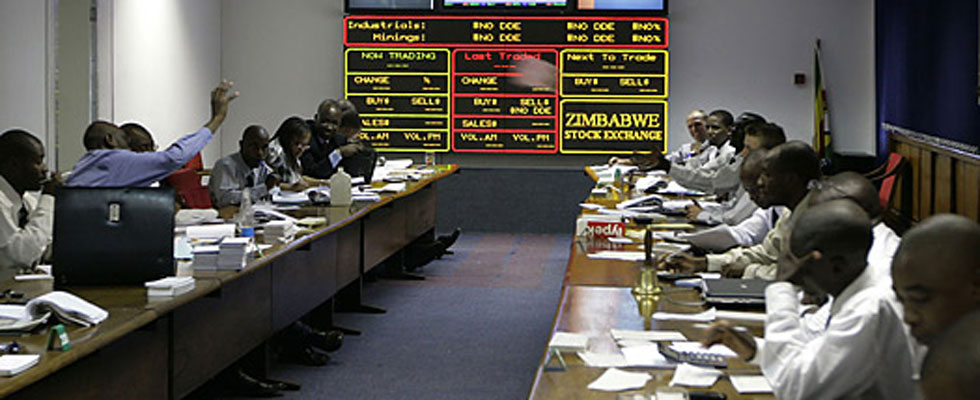
IT took nearly a year for the Zimbabwe Stock Exchange (ZSE) to replace long-serving chief executive officer Emmanuel Munyuki who had fallen out of favour with his bosses.
Bernard Mpofu
With no substantive chief executive until May, the exchange was captained by ZSE operations executive Martin Matanda.
Munyuki’s successor Alban Chirume had previously worked with him — firstly, as the regulated (when Chirume used to run a brokerage firm) and regulator. Ordinarily, Chirume’s appointment would immediately leave many curious and suspenseful.
The man who had previously served as the Securities Commission of Zimbabwe chief executive had been on a warpath with stockbrokers who viewed his reforms as heavy-handedness. Now, the tables have turned. He has since become a darling of many stockbrokers.
Chirume, like a man on a mission, undertook to overhaul one of the oldest exchanges in the world which, despite its diversification, lagged in terms of automation and attractiveness.
He hit the ground running when he announced a change agenda which he said would position the bourse as the best. Notwithstanding this, the ZSE has also had its ups and downs along the way. Performance Year-on-year, the benchmark industrial index advanced 32,93% to close the year at 201,12 points while the four-counter mining index rounded up the year 30,92% down to 45,79 points on the back of weakening commodity prices on the international market.
Trading on the local bourse during 12 months has been generally positive although clouded by political uncertainty, as investors were cautious and speculative in nature.
- Chamisa under fire over US$120K donation
- Mavhunga puts DeMbare into Chibuku quarterfinals
- Pension funds bet on Cabora Bassa oilfields
- Councils defy govt fire tender directive
Keep Reading
The pre-July 31 election period was characterised by strong bullish sentiments, increased consumer and business confidence with the industrial index reaching an all time high of 232,87 points as at 30 July 2013.
The hallmark of post-election period was when the exchange plunged 25,64 points to close at 205,57 points in August on the back of losses in heavyweight counters as uncertainty gripped the local bourse following a dispute over the harmonised polls.
Thereafter, trading, experts say was characterised by some bearish sentiments normally associated with adjustments. Foreign investors pulled out of the market and local investors could not capitalise on the relatively low prices due to a liquidity crunch, hence, the industrial index declined to 181,67 points as at 31 August 2013.
Big boys’ club Though the bourse rallied before the elections making it one of the strong performers on the continent, official figures, show that performance was mainly driven by heavyweight counters such as Delta and Econet.
Analysts say with more reforms which may attract major mining companies listed offshore, the exchange may attract quality listings in the new year. Official figures show that trading on the bourse was concentrated on only 10 out of the sixty four active listed companies while about 20% of the listed companies were inactive.
Delisting The liquidity constraints which worsened as election talk intensified at the start of the year resulted in subdued business activity. The year saw an increasing trend of de-listings and suspensions on the ZSE with ten counters being delisted while another five were suspended largely due to viability challenges.
Demutualisation Though this issue sounded like a broken record with most of our readers expressing sceptism on the project, indications are that the ZSE is expected to be demutualised by end of the first quarter in 2014 and this should improve corporate governance on the bourse through separation of management, ownership and participation. Former Finance minister Tendai Biti said in the absence of demutulaisation, the exchange was being run “Mafia style”.
Technical advisors were appointed in June 2013 to spearhead the demutualisation project. Automation Also making top of the list on the reform agenda was the automation of the bourse, which experts say could quadruple the volumes of trade. Automation of trade is expected to be done in the second quarter of 2014.











